Faculty
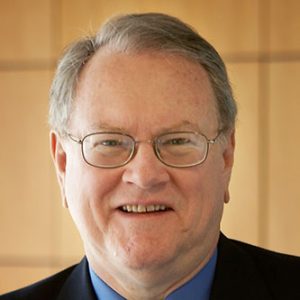
Jan. 10, 2018
Gary Stacey
Gary Stacey is Curators’ Distinguished Professor and Professor of Plant Science and Technology at the University of Missouri-Columbia. His research focuses generally on molecular aspects of plant-microbe interactions, including studies of the beneficial legume-rhizobium symbiosis and plant-fungal pathogen interactions. He has also been instrumental in the development of genomic resources for the study of soybean. He has mentored 51 postdoctoral fellows and 36 Ph.D. and 8 M.S. graduate students. Past postdocs have gone on to start independent careers in academia (e.g., Michigan State Univ., Washington State Univ.), industry, as well as winning the 2005 USA National Medal of Technology, which…
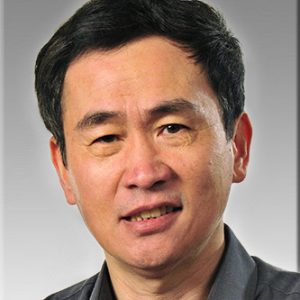
Jan. 10, 2018
Qisheng Song
Transformation of an insect from larva to adult, i.e. molting and metamorphosis, is a miracle of biology. Molting and metamorphosis provide insect with an ability to adapt to total different environmental conditions at different stages of its life cycle and is the main reason for the great success of insects on this planet. The molting process is initiated by molting hormone, mainly 20 hydroxyecdysone (20E), and ended up with cuticle sclerotization, regulated by a neuropeptide hormone bursicon. The research interests of my laboratory are mainly focused on molecular mechanisms of 20E and bursicon actions. Specifically, we are investigating the roles…
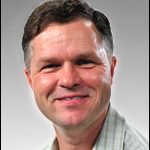
Jan. 10, 2018
Reid Smeda
Educational background Ph.D., Horticulture (Plant Physiology), Purdue University M.S., Horticulture (Weed Sciences), Michigan State University B.S., Crop and Soil Sciences, Michigan State University Courses taught Principles of Weed Science Weed Science Research Principles and Techniques…
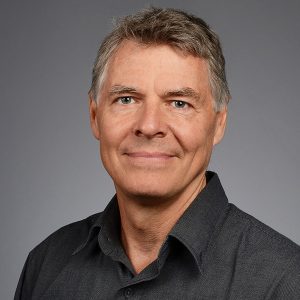
Jan. 10, 2018
Robert Sites
Educational background Ph.D., Washington State University M.S., Southern Illinois University B.S., Southern Illinois University…
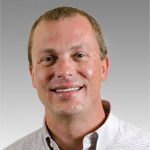
Jan. 10, 2018
Andrew Scaboo
Educational background Ph.D., University of Arkansas, 2010…
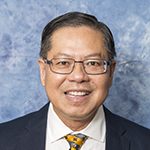
Jan. 10, 2018
Henry T. Nguyen
Dr. Henry T. Nguyen is a Distinguished Professor of Plant Genetics at the University of Missouri. He was a founder and served as Director of the National Center for Soybean Biotechnology established by the U.S. Congress for over a decade (2004-2016). Before the current position, Dr. Nguyen was a professor of genetics at Texas Tech University and Texas A&M University System for 18 years. The Board of Regents at Texas Tech University awarded him the Paul Whitfield Horn distinguished professorship. He was awarded the Curators’ distinguished professorship by the University of Missouri in 2015. He has a distinguished career in…
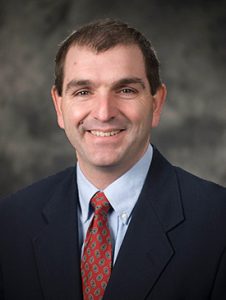
Jan. 10, 2018
Kelly Nelson
Educational background Ph.D. Crop and Soil Sciences, Michigan State University…
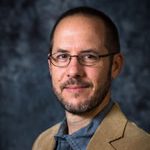
Jan. 10, 2018
Harley Naumann
Dr. Harley Naumann is an Extension State Forage & Grazing Specialist at the University of Missouri and a faculty member in the Division of Animal Sciences. He received a Ph.D. from Texas A&M University where he evaluated nutritional impacts of native rangeland legumes on ruminant animal production. Dr. Naumann conducts teaching, research and outreach focused on the plant-animal interface. His primary interest is planning and utilizing resilient forage-livestock systems that extend, and even out the unevenness of, cool-season grass-based grazing systems. Dr. Naumann’s work includes strategic use of perennial and annual cool and warm season forages to increase grazing days…
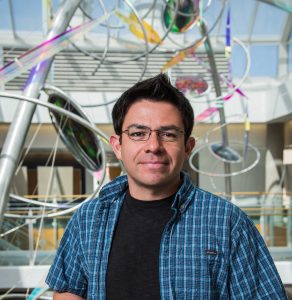
Jan. 9, 2018
David Mendoza-Cózatl
The main goal of the lab is to understand how plants take up, accumulate and transport trace metals between roots and leaves and from leaves to seeds. Plants and seeds are the main dietary source of essential nutrient metals such as zinc (Zn), iron (Fe), manganese (Mn) and copper (Cu). However, plant-based products are also the main entry point for toxic elements like cadmium (Cd), arsenic (As), mercury (Hg) and lead (Pb). Some of the detrimental effects of heavy metals on human health have been linked to diabetes, hypertension, myocardial infarction, diminished lung function and certain types of cancer. Understanding…
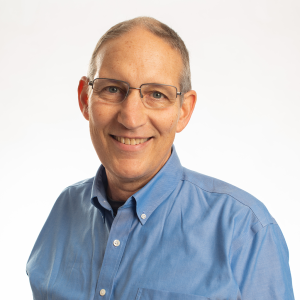
Jan. 9, 2018
John Lory
John Lory has an Extension appointment in environmental nutrient management. His objective is to promote the efficient use of nutrients from manure and other sources for crop production in a manner that protects water and other natural resources. His extension and applied research program is focused on four areas: Coordinate the “MU Certified” Strip Trial program. Use sensor systems like PaddockTrack to improve efficiency of forage systems. Promote sustainability of cropping systems through reducing nutrient loss and soil erosion. Fertilizer recommendations for row crops and forages. Educational background PhD, University of Minnesota MS, University of Minnesota BS, Cornell University…